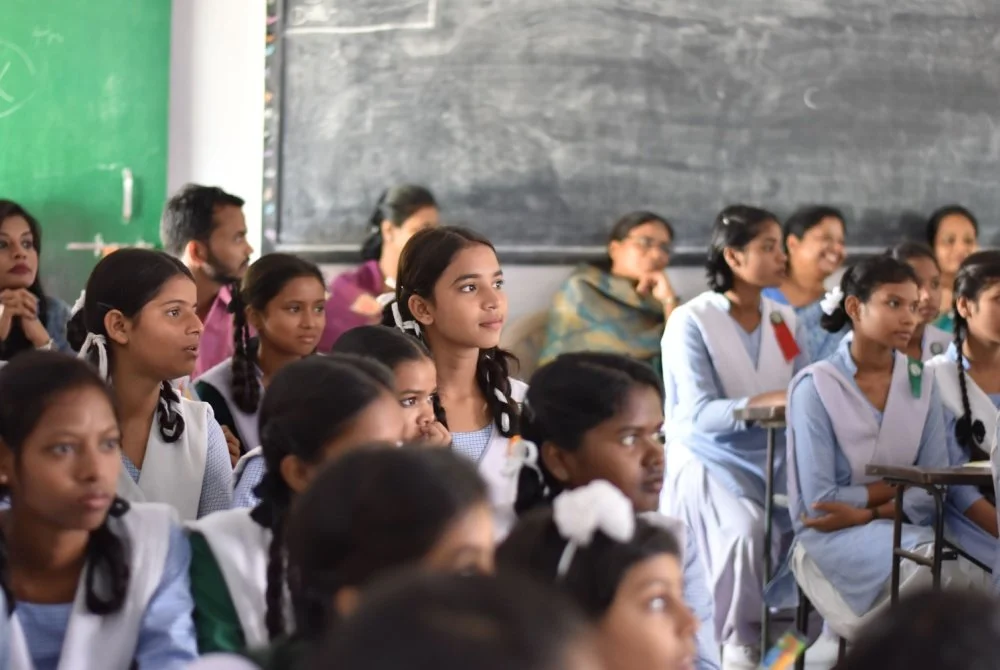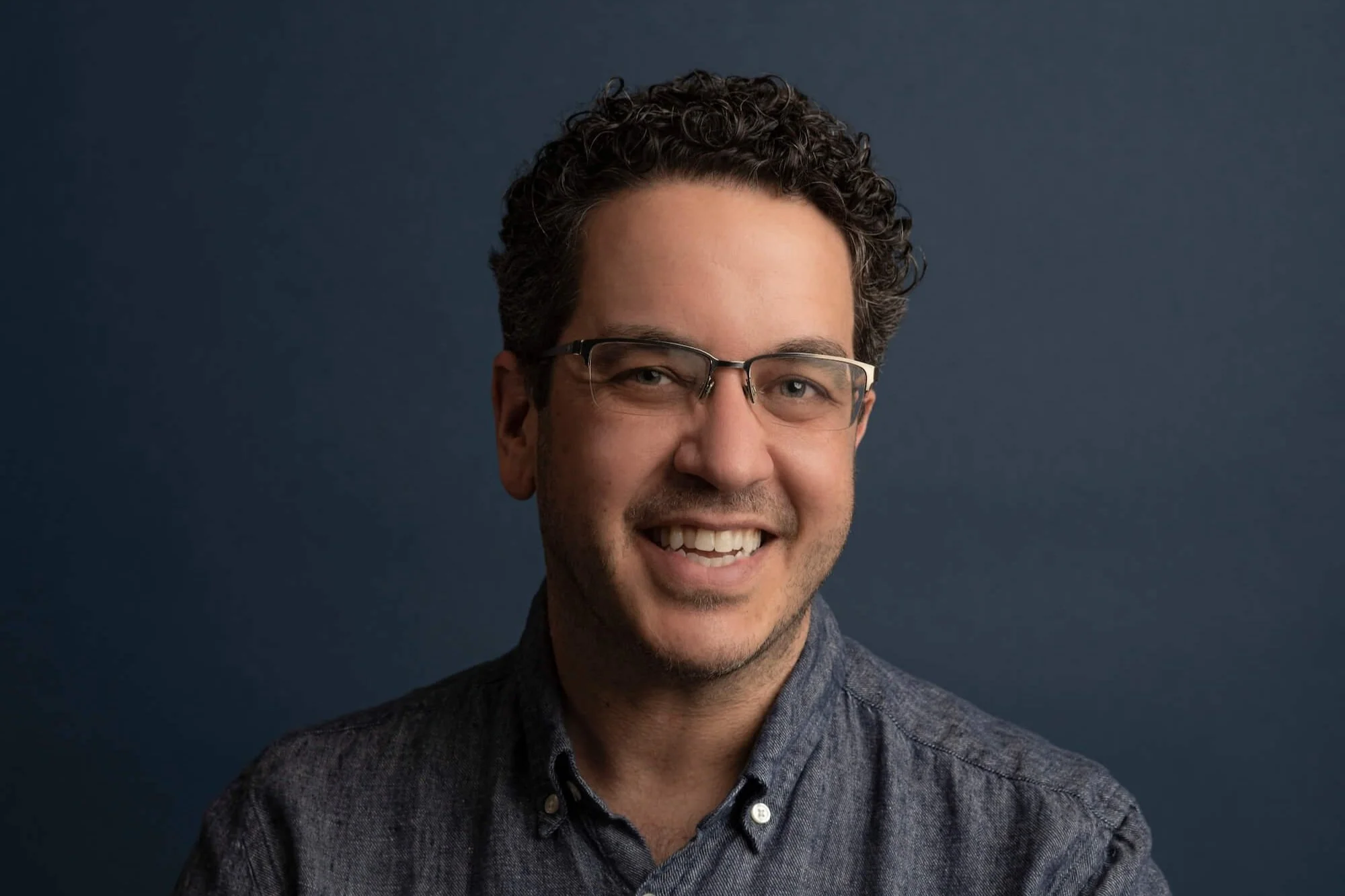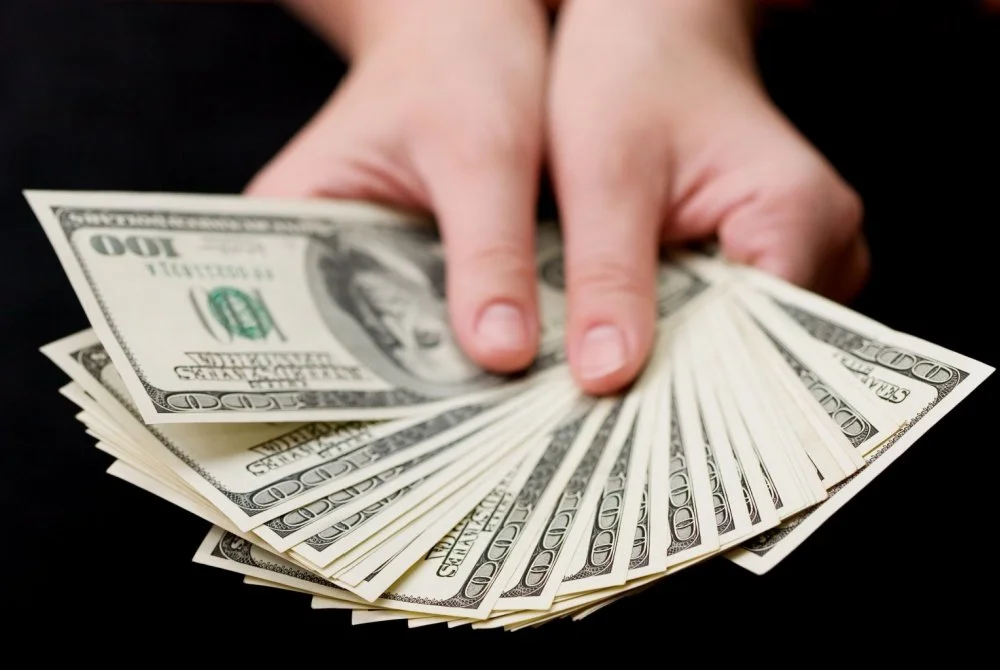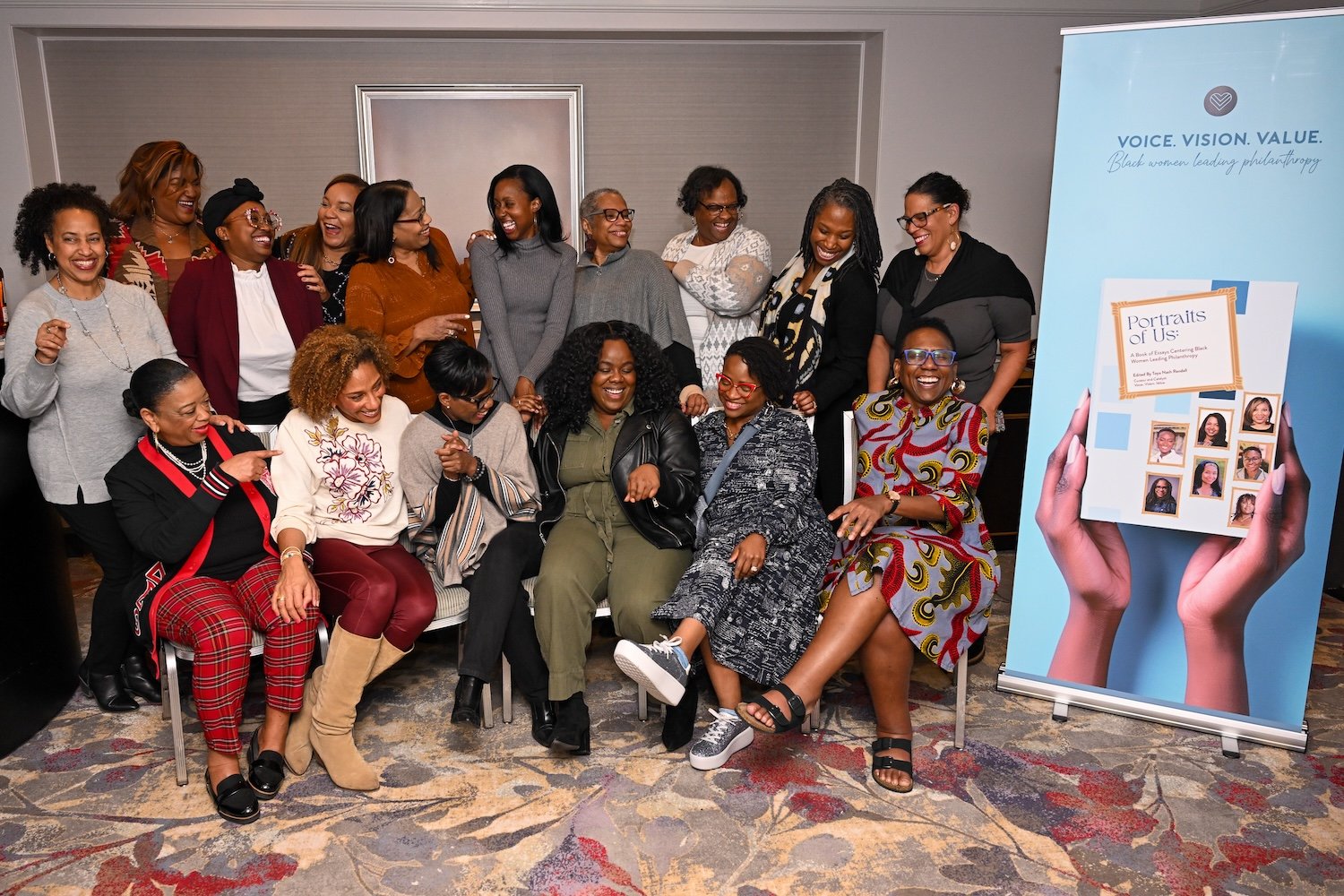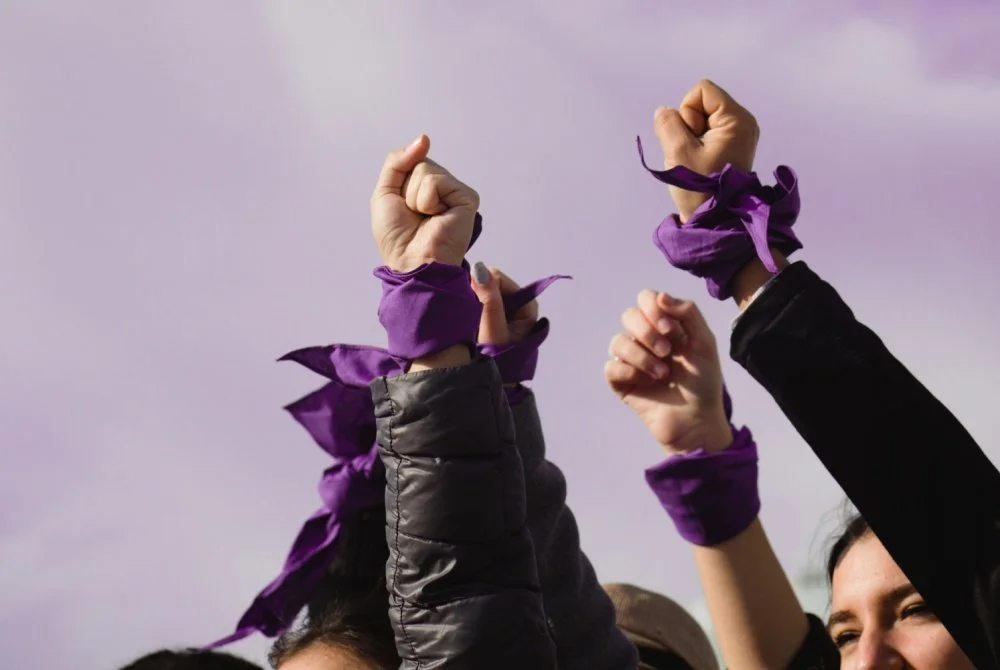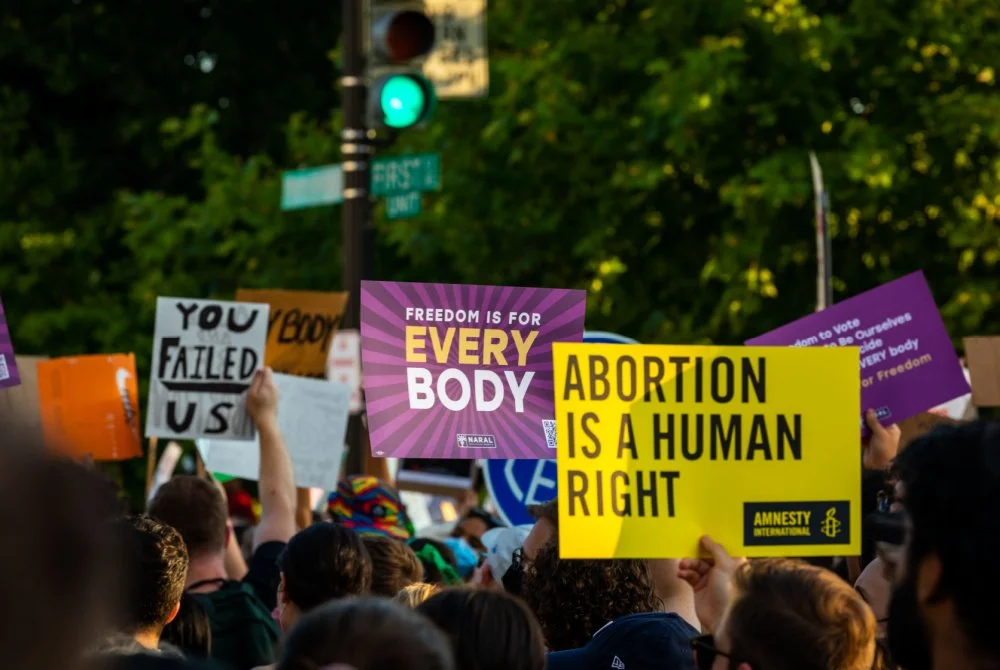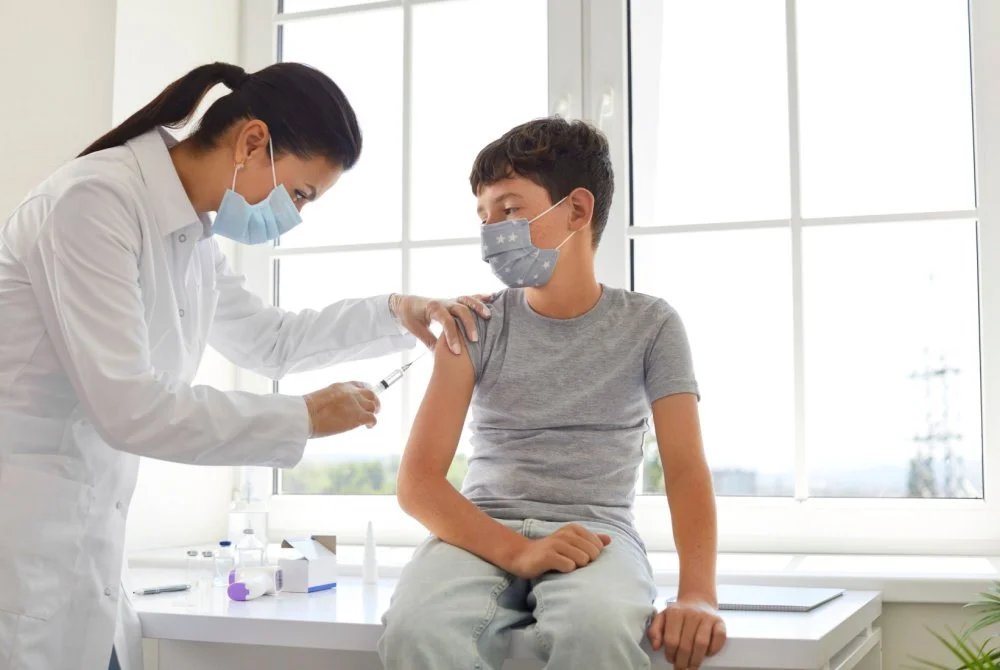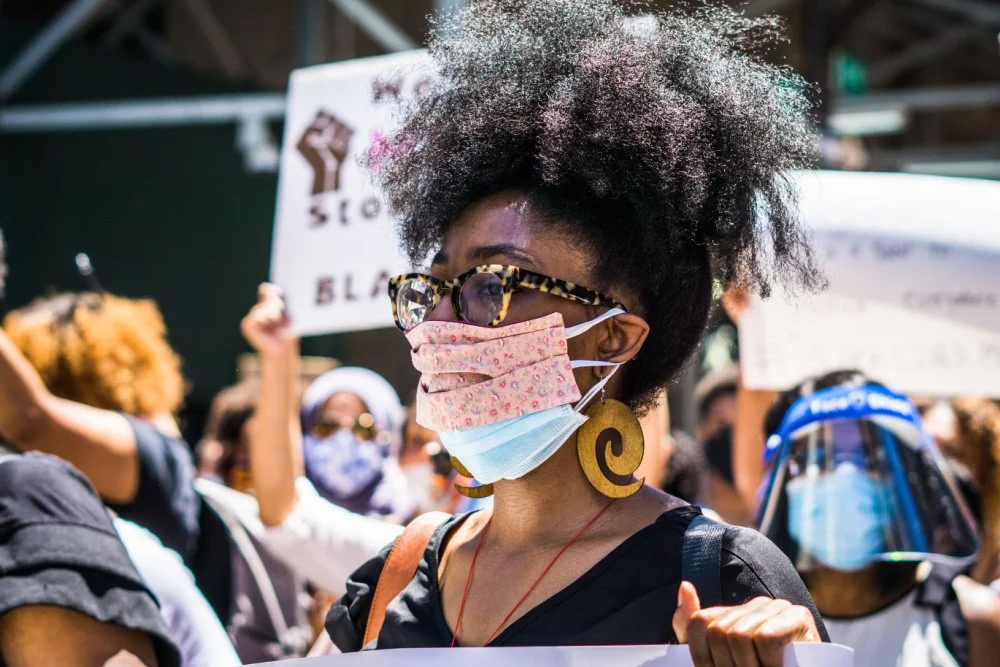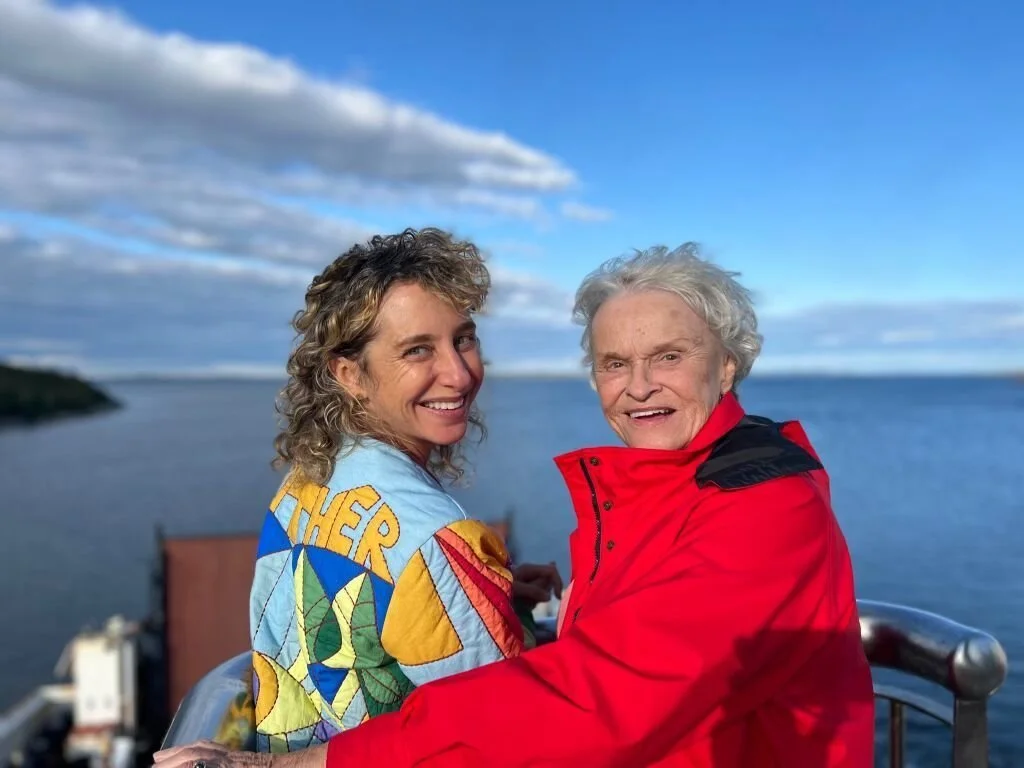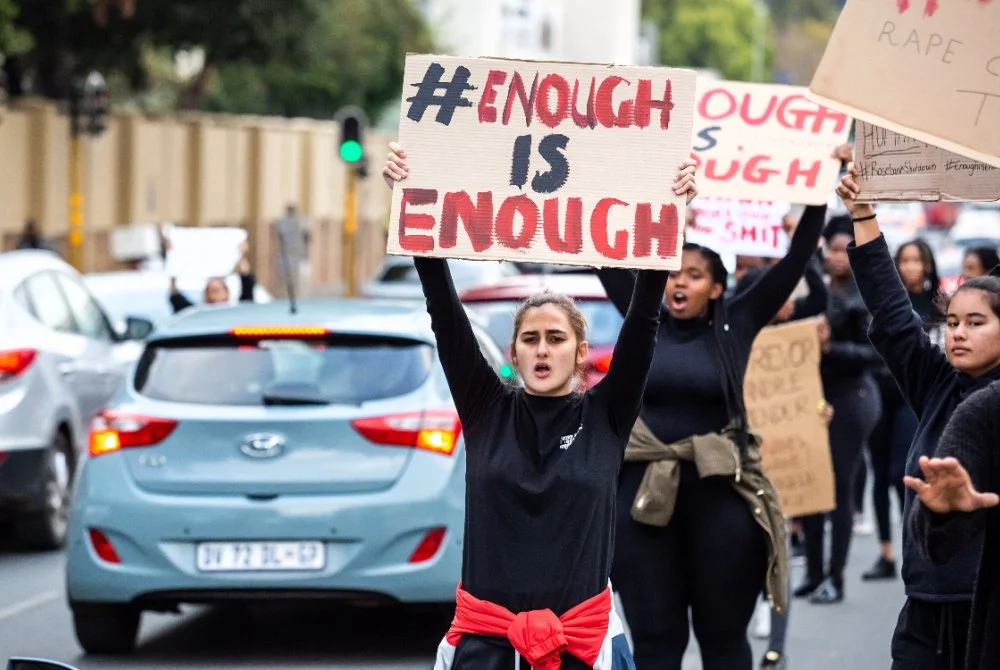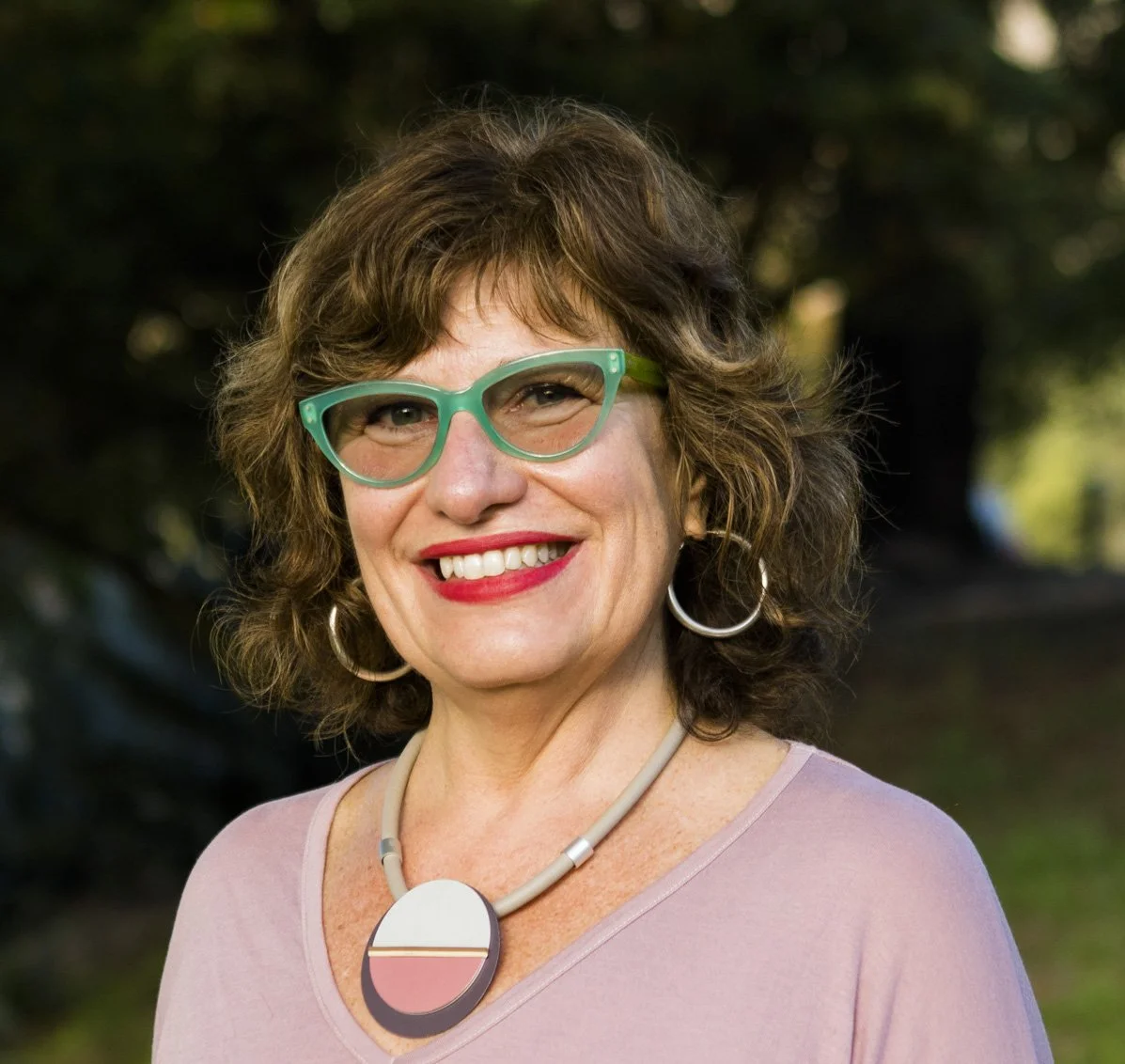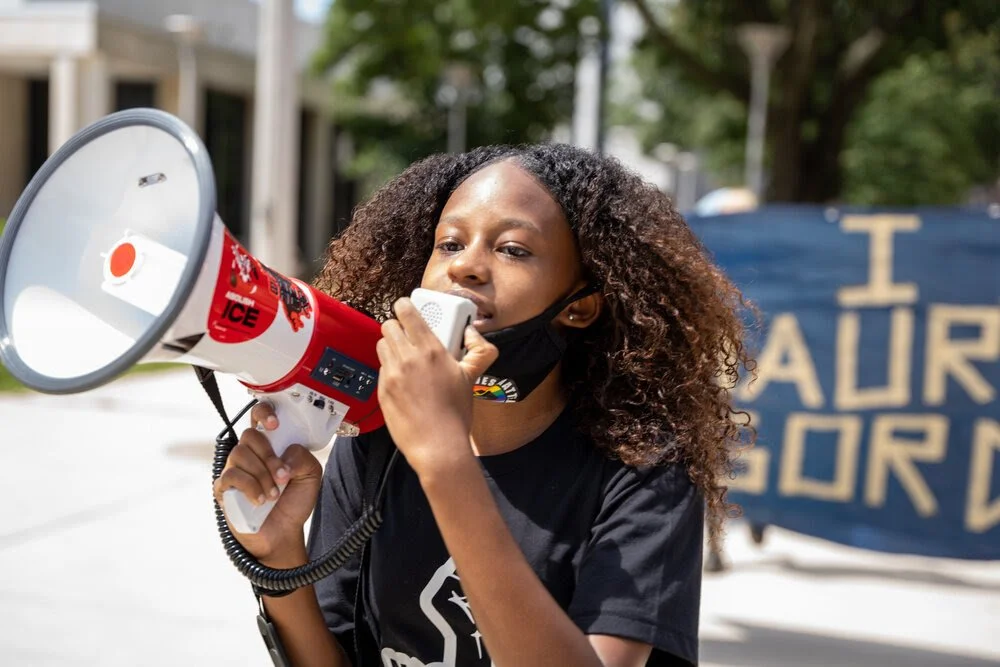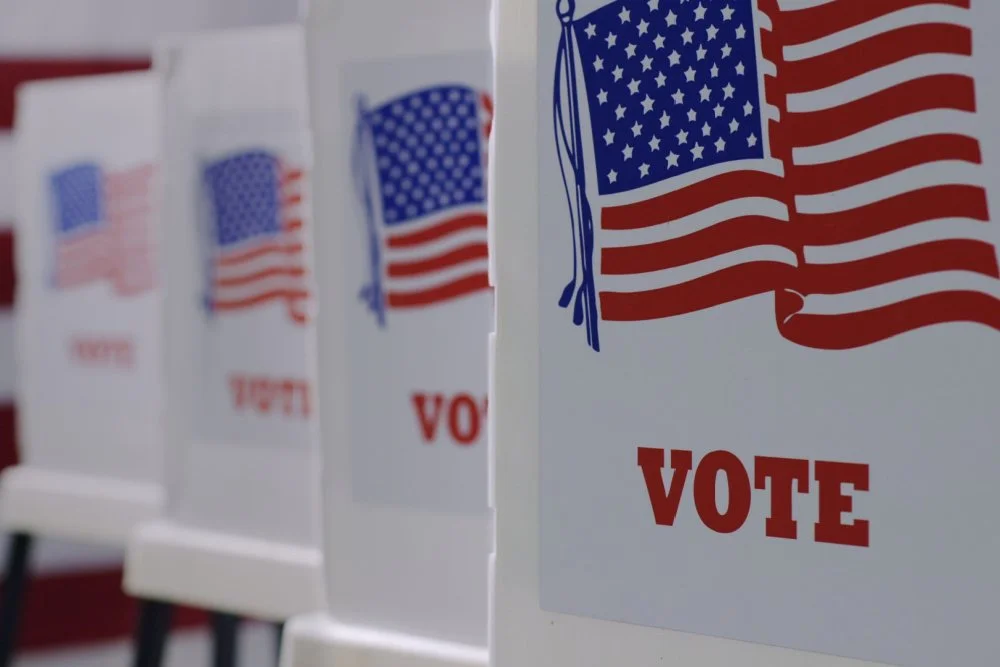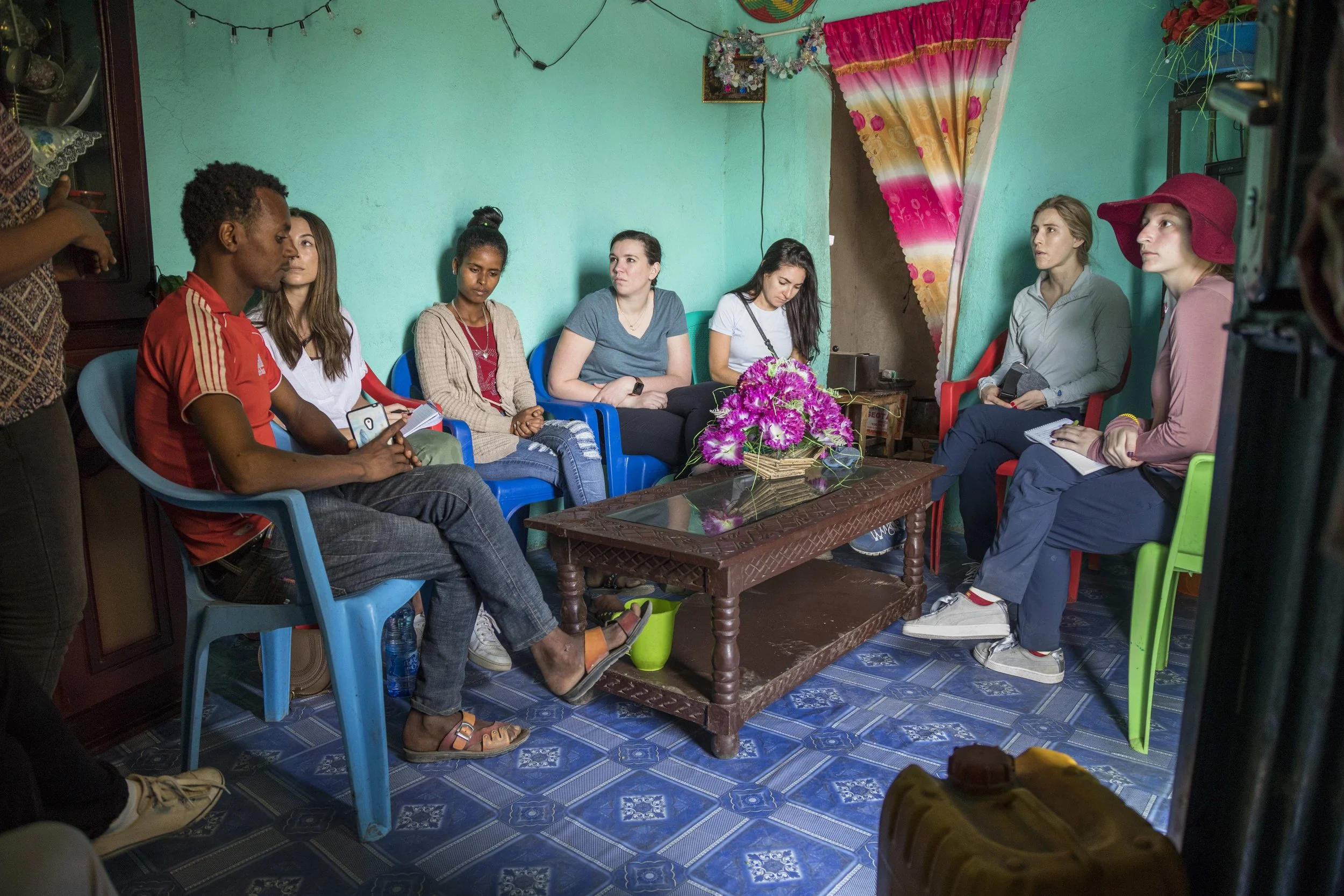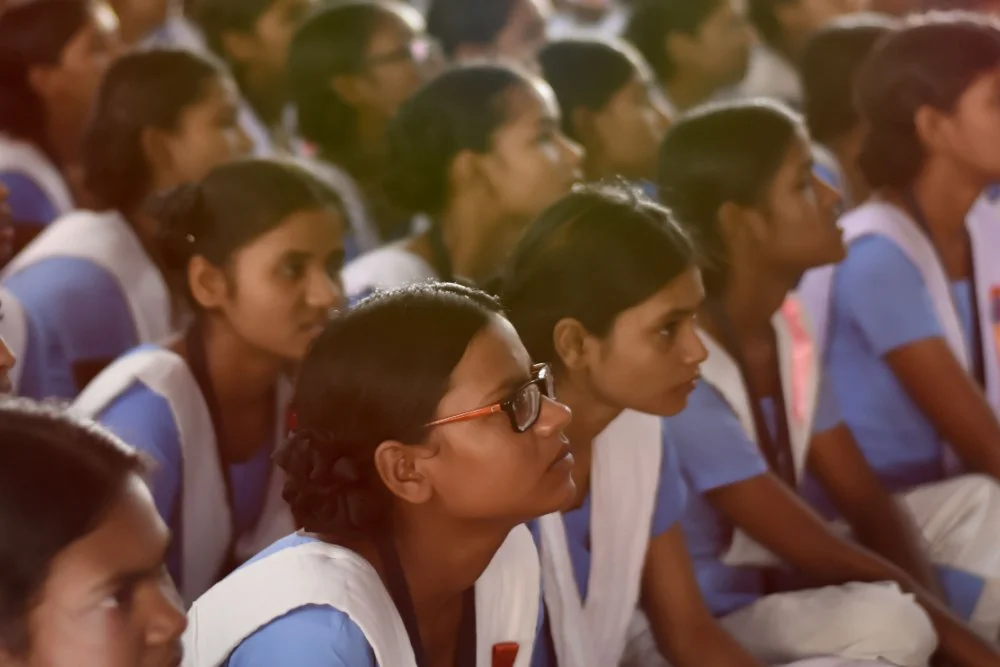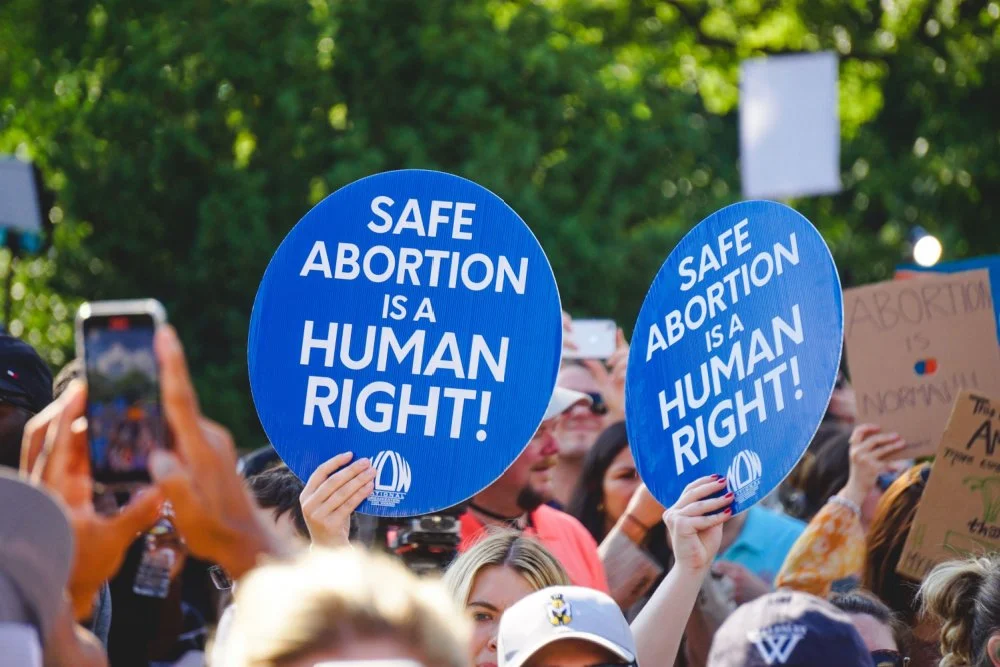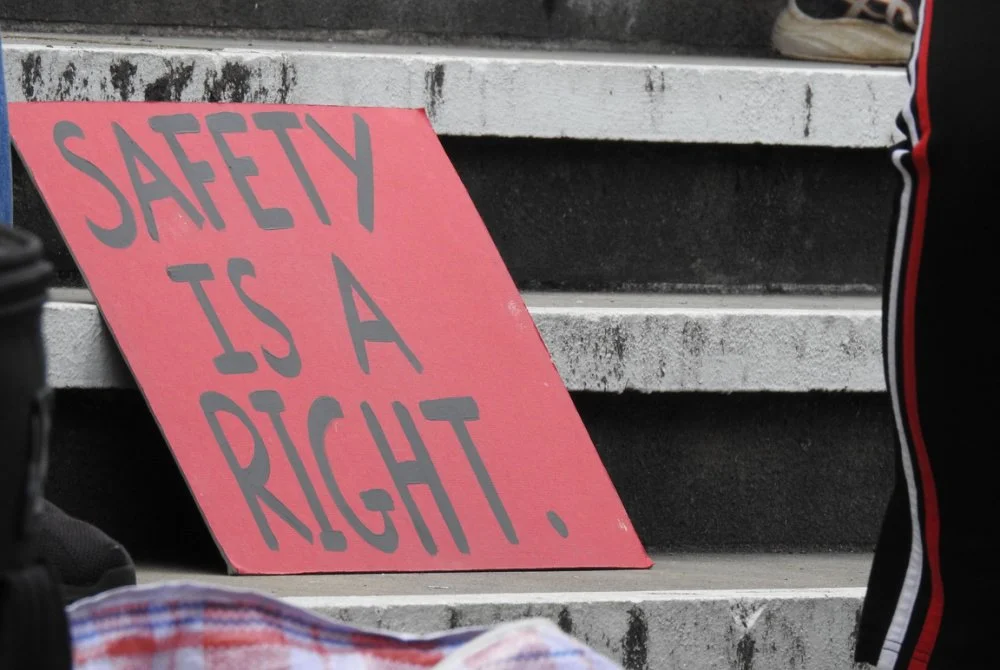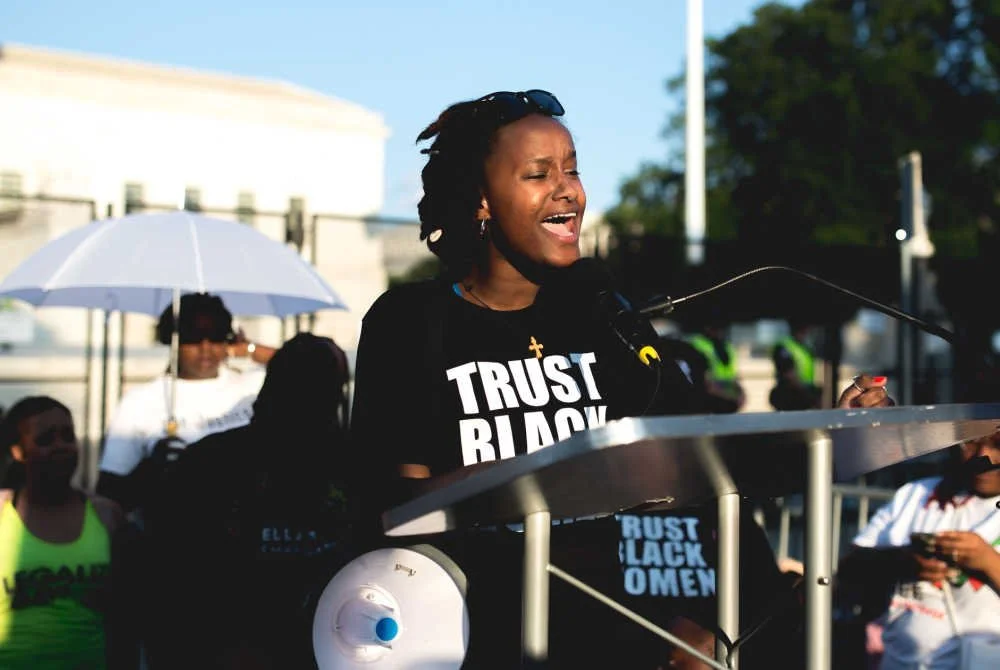A Regional Philanthropy Summit Dives Into Giving With a Gender Equity Lens
/photo: blvdone/shutterstock
Diversity, equity and inclusion are topics that permeate the world of philanthropy these days, as political tensions and polarization around issues of race and gender fuel self-reflection and efforts at evolution among funders across the U.S.
In California, San Diego Grantmakers recently held the Gender Equity Summit, its third summit on equity in as many years. The summit was designed for staff, trustees and donors of philanthropic organizations, individual philanthropists, and investors, with a focus on pressing gender equality issues, including workplace equity, the negative effects of gender norms, LGBTQ health disparities, and women in STEAM. Intersectionality was a pervasive theme.
In her opening comments at the sold-out event, Nancy Jamison, San Diego Grantmakers president and CEO, said that in planning the summit, the organization was “deeply inspired by women,” referencing #MeToo, #TimesUp, the Women’s Marches, and some “members’ funding strategies specifically focused on investments in women and girls.”
“But we also realize that to fully talk about gender as a cross-cutting factor, we were also inspired by our members who are directing funding to boys and men of color, LGBT communities, and other gender-related issues.”
Earlier in 2018, SDG released a new strategic framework intended to guide its evolution from a traditional regional association of grantmakers into a social change organization—a journey we see many funders and philanthropy-supporting organizations taking these days. The values for the new framework are learning, collaboration, future-focus, impact and equity, with the following statement on equity:
The common good is served by creating systems and opportunities that lead to equity for all—regardless of race, religion, national origin, ethnicity, disability, sex, gender identity, sexual orientation, age or socioeconomic status.
The September 2018 Gender Equity Summit consisted of plenary sessions, lightning talks, fireside chats, networking, and lunch, along with a post-summit workshop for nonprofit leaders, presented in partnership with the Fieldstone Leadership Network. Diverse speakers at the half-day event included Surina Khan, executive director of the Women’s Foundation of California, Saru Jayaraman, co-founder and president of Restaurant Opportunities Centers United, Riki Wilchins, executive director of TrueChild, and many more.
The 2020 Census, investing with a gender lens, and training healthcare providers to give appropriate services to patients who identify as transgender were among the event’s numerous topics. Sex trafficking was another key subject—San Diego has one of the highest rates of sex trafficking in the country. Other events related to the summit included LUNAFEST, which featured women-focused filmmaking, and a post-summit reception and happy hour presented in cooperation with the Women’s Foundation of California, Women Give San Diego, the Fieldstone Leadership Network, and “gender justice champions in San Diego.”
Riki Wilchins played a central role in shaping the summit’s focus; she was featured in a plenary session, lightning talk, and the post-summit workshop. TrueChild works to “improve life outcomes for all youth by helping funders and nonprofits challenge rigid gender norms.” In one of her talks, Wilchins defined gender norms as “socially constructed ideals, scripts and expectations for ‘doing’ boy and girl.” She tells Inside Philanthropy:
If summit participants take away just one idea, it’s that we can’t get to gender equity without going through gender norms. Because as the World Bank has found, ‘Gender norms are a foundation of inequality… as important as jobs or opportunity.’ Many major international donor institutions are adopting intersectional approaches that link race, class and gender norms—we need to begin doing likewise.
Indeed, the World Bank has initiated an effort to integrate gender norms into its equity work, as have big institutions like CARE, USAID, and the WHO. TrueChild has a long list of partners, including the CDC, Women's Funding Network, the Bill and Melinda Gates Foundation, and local YWCAs and Planned Parenthoods.
Wilchins’ breakout session and post-summit workshop called for the intentional connection of race, class and gender in an intersectional approach “that would dramatically improve the socioeconomic outcomes for youth of color.” She said that numerous studies have found rigid ideals of femininity and masculinity, when internalized by youth of color, negatively impact life outcomes in areas such as health, education, reproductive health, and economic security.
“We were excited to fly in Riki Wilchins to highlight to our members how society places implicit expectations about what it means to be women and girls, and men and boys,” SDG Director of Learning Alan Kwok, the architect of the summit, tells us.
“I can’t recall a similar local conference that brought together so many thought leaders doing cutting-edge work in such a brief program. I’m sure they launched a thousand conversations among participants,” Wilchins says.
SDG views the summit as a catalyst for engagement around the topic of equity, and an opportunity to raise awareness of gender issues and offer dialogue and guidance on organizational and grantmaking practices that can lead to greater equity. Based on post-event feedback, over 90 percent of attendees indicated they plan to apply skills and concepts learned at the summit to their work.
San Diego Grantmakers is an association consisting of more than 120 philanthropic and impact investing organizations, networks and individuals, and 2016 marked its 40th anniversary. Learn more about its current priorities and mission on its site.



